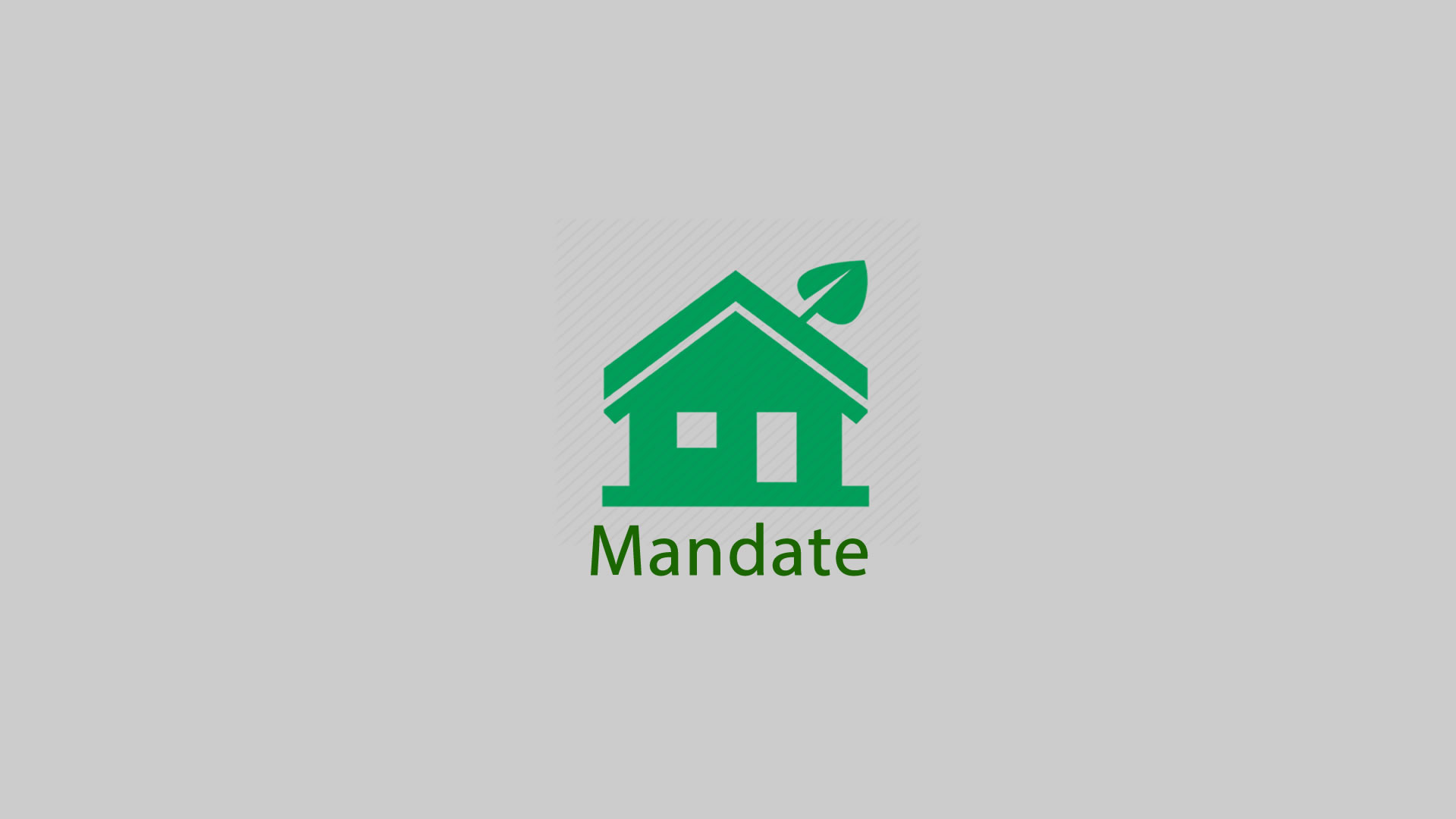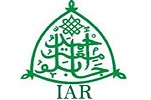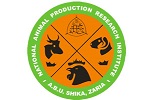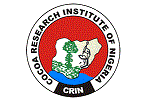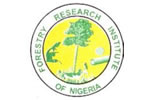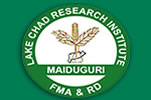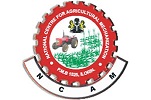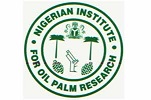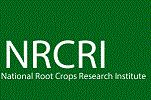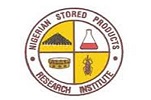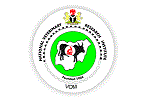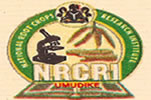FROM THE EXECUTIVE DIRECTOR'S DESK

Welcome to the official portal of National Agricultural Extension and Research Liaison Services (NAERLS).
NAERLS is one of the 18 National Agricultural Research Institutes (NARIs) under the Federal Ministry of Agriculture and Food Security (FMAFS). The Institute is responsible for development, collation, evaluation and dissemination of proven agricultural innovations and to research on extension methodologies and policy. The extension and research activities of the Institute take into account the long-term ecological, economic and social consequences of changes in rural life and linkages. These activities are conducted in partnership with NARIs, ADPs and other national and international collaborators.
Agriculture remains the foundation of the Nigerian economy, providing employment for about 35% of Nigerians, despite the presence of oil in the country since 1958. It is also the main source of livelihood for the population.
As at June 2022, there were over 100 million farmers, over 82% of which are smallholders; the sector contributed over 24% in Q2 of 2022 (over 22% since 2005); it has a robust Research and Extension system.
The country has about 70.8 million hectares of agricultural land: distributed among arable land area of 34 million hectares, 6.5 million hectares for permanent crops, and 30.3 million hectares on meadows and pastures. Maize, cassava, cowpea corn and yam are the major crops among households. Generally, about 92% of farming households practise crop farming; 7.3% households in the south-south zone practise aquaculture, 69.3% in the northwest raise livestock.
The Agricultural Performance Surveys for 2015 to 2022 show that the Nigerian agricultural sector faces recurrent challenges of: limited access to land (average of 1.8 ha/farming household), very low level of irrigation development (less than 1% of cropped land under irrigation), limited adoption of research findings and technologies, high cost of farm inputs, poor access to credit, lack of collateral security by the farmers, inefficient input (especially fertilizer) procurement and distribution, insufficient storage facilities, poor access to markets, and more recently, effects of climate change.
READ MORE>>>
-
 Read more +
November 21, 2025 By heryordeyji in News Update
Read more +
November 21, 2025 By heryordeyji in News Update
AGRA, Federal Ministry of Budget and Planning Delegation Visits NAERLS, Assesses Progress of Ongoing Partnership
-
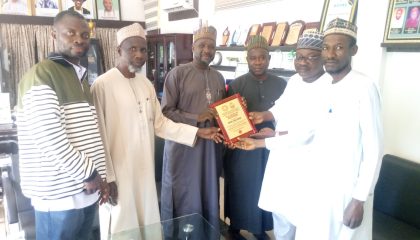 Read more +
November 14, 2025 By heryordeyji in News Update
Read more +
November 14, 2025 By heryordeyji in News Update
NAERLS Receives Prestigious Award of Honour
-
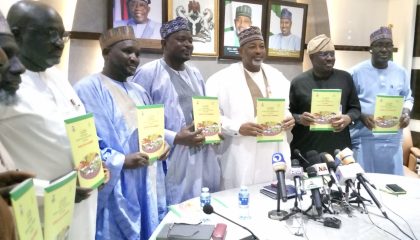 Read more +
October 21, 2025 By heryordeyji in News Update
Read more +
October 21, 2025 By heryordeyji in News Update
NAERLS Releases 2025 Agricultural Performance Survey Report: Growth in Crop Production, Lower Food Prices, and Rising Climate Risks
-
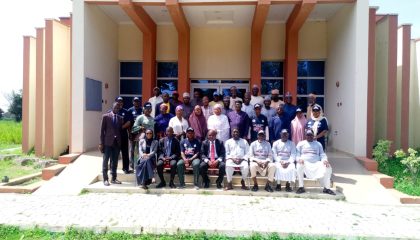 Read more +
October 20, 2025 By heryordeyji in News Update
Read more +
October 20, 2025 By heryordeyji in News Update
NAERLS Holds Anti-Corruption Workshop for Management Staff
-
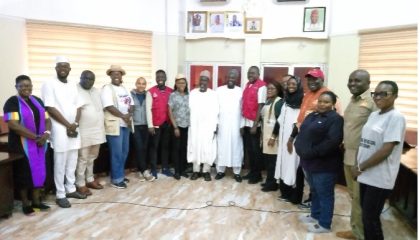 Read more +
July 4, 2025 By heryordeyji in News Update
Read more +
July 4, 2025 By heryordeyji in News Update
AGRA Monitoring Team Visits NAERLS to Assess the Impact of AGRA Kaduna Consortium 2021-2024 Achievements
-
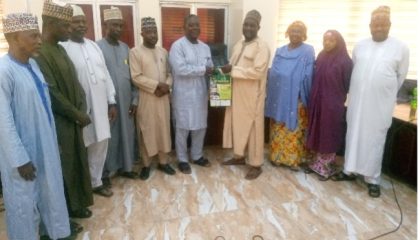 Read more +
June 11, 2025 By heryordeyji in News Update
Read more +
June 11, 2025 By heryordeyji in News Update
Bomo Old Students Association Pays Courtesy Visit to NAERLS, Seeks Collaboration
-
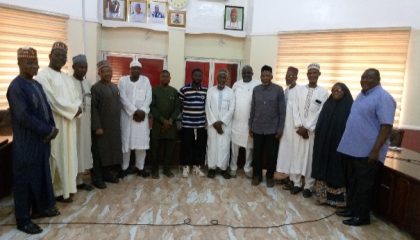 Read more +
May 28, 2025 By heryordeyji in News Update
Read more +
May 28, 2025 By heryordeyji in News Update
NAERLS Receives Tena-Nova Agri-Hub Delegation
-
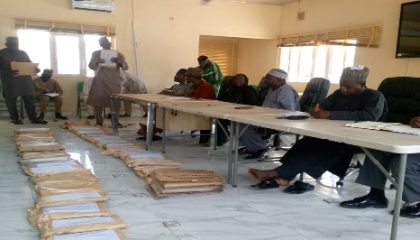 Read more +
April 28, 2025 By heryordeyji in News Update
Read more +
April 28, 2025 By heryordeyji in News Update
NAERLS Conducts Opening of Technical Bids for 2025 Capital Projects
-
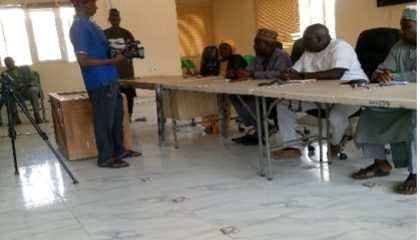 Read more +
April 14, 2025 By heryordeyji in News Update
Read more +
April 14, 2025 By heryordeyji in News Update
NAERLS Holds EOI and Pre-Qualification Opening for 2025 Capital and Zonal Intervention Projects
-
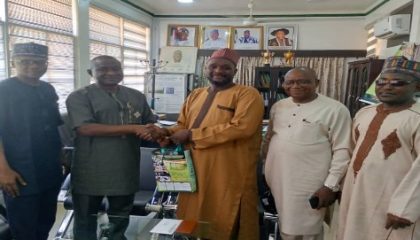 Read more +
March 19, 2025 By heryordeyji in News Update
Read more +
March 19, 2025 By heryordeyji in News Update
NAERLS Executive Director Receives L-Press Officials
Our working processin 3 steps
For effective service delivery, our core services revolved around this three major activities Extension services, Research and Training.
MORE ABOUT US +Extension
Careful development & collation of agricultural extension materials by professional personnel.
Research
Research into innovative extension techniques for improved extension delivery.
Training
Capacity building of extension personnel and other stakeholders in extension service delivery.




